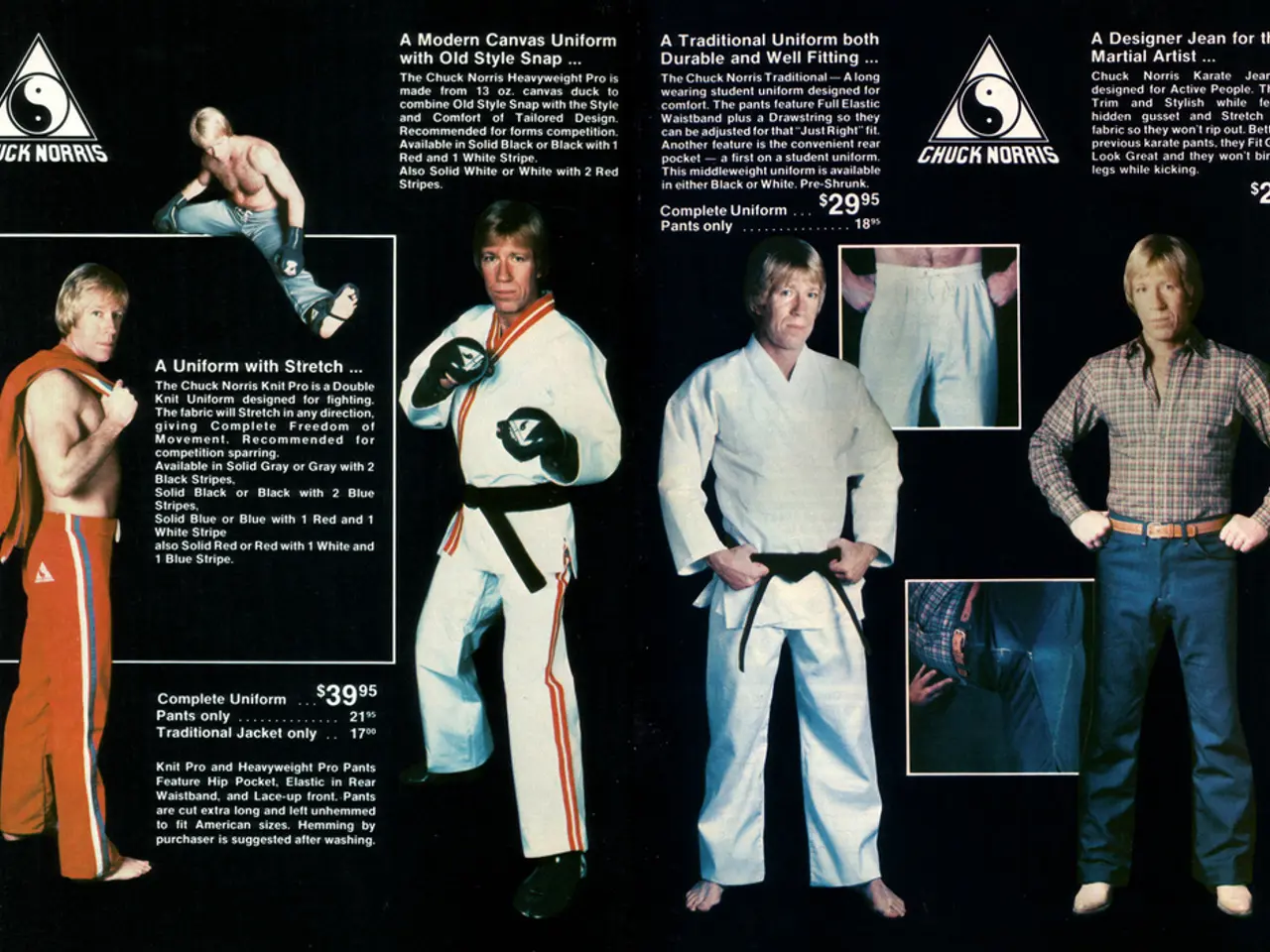Exploring Male Ego: Its Characteristics, Origins, Solutions, and Additional Insights
In today's society, the male ego is often associated with notions of sexual prowess, bravery, and strength. However, a significant part of this belief is rooted in toxic masculinity rather than male ego itself.
Toxic masculinity, a construct that has been shaped by cultural narratives, patriarchal structures, societal norms, and key influencers, creates the expectation for men to behave in a certain way, such as showing toughness. Researchers like Christoph May from Berlin and therapists like Terrence Real have highlighted how patriarchal culture enforces emotional suppression and rigid gender roles in men, while societal expectations reinforce traits such as strength, independence, and control, limiting expressions of vulnerability in men.
The male ego is heavily influenced by these societal norms. Men may find themselves struggling to express their emotions, leading to frustration. This inability to express emotions is not a universal truth, as the myth that men don't cry or get emotional is indeed a myth.
Several factors, such as personality, attachment style, culture, and mental health, may play a role in when and how frequently men cry. Understanding these factors is essential when dealing with the male ego.
Helping a man reframe how he measures his own value is crucial. Instead of focusing on external factors such as money, appearance, job, etc., it's important to focus on internal, meaningful attributes. A man's self-worth should be connected to emotions and meaningful attributes for a healthy ego.
Being an active listener and showing empathy can also help when a man is stressed or feeling sad. By creating a safe space for men to express their feelings, we can help break down the barriers that toxic masculinity has built.
A 2013 study found that some men may feel "worse about themselves" when their female partner succeeds in a situation where they may not have. This finding underscores the importance of understanding the larger picture, including influences on a man, when dealing with the male ego.
In conclusion, the male ego is a complex construct that is heavily influenced by societal norms and expectations. By understanding its origins and nurturing a healthy self-worth, we can help men break free from the constraints of toxic masculinity and live more authentic, fulfilling lives.








